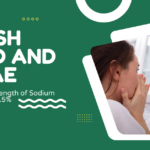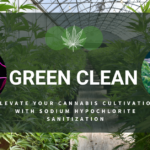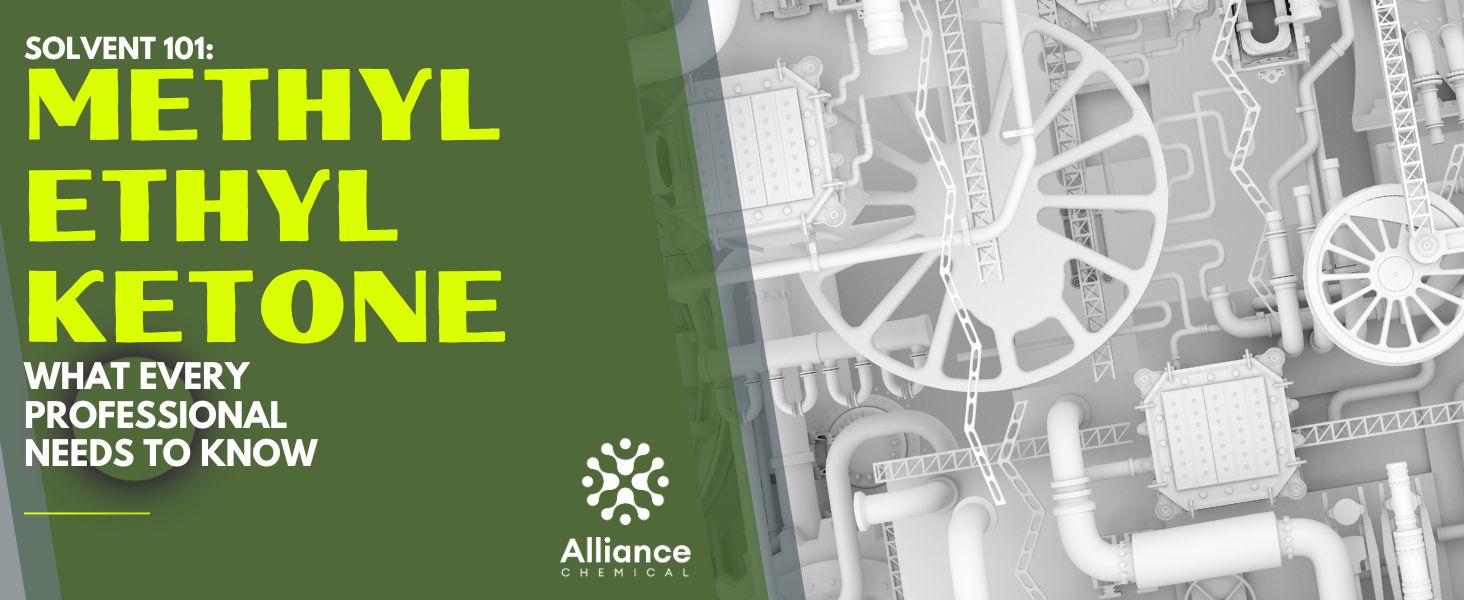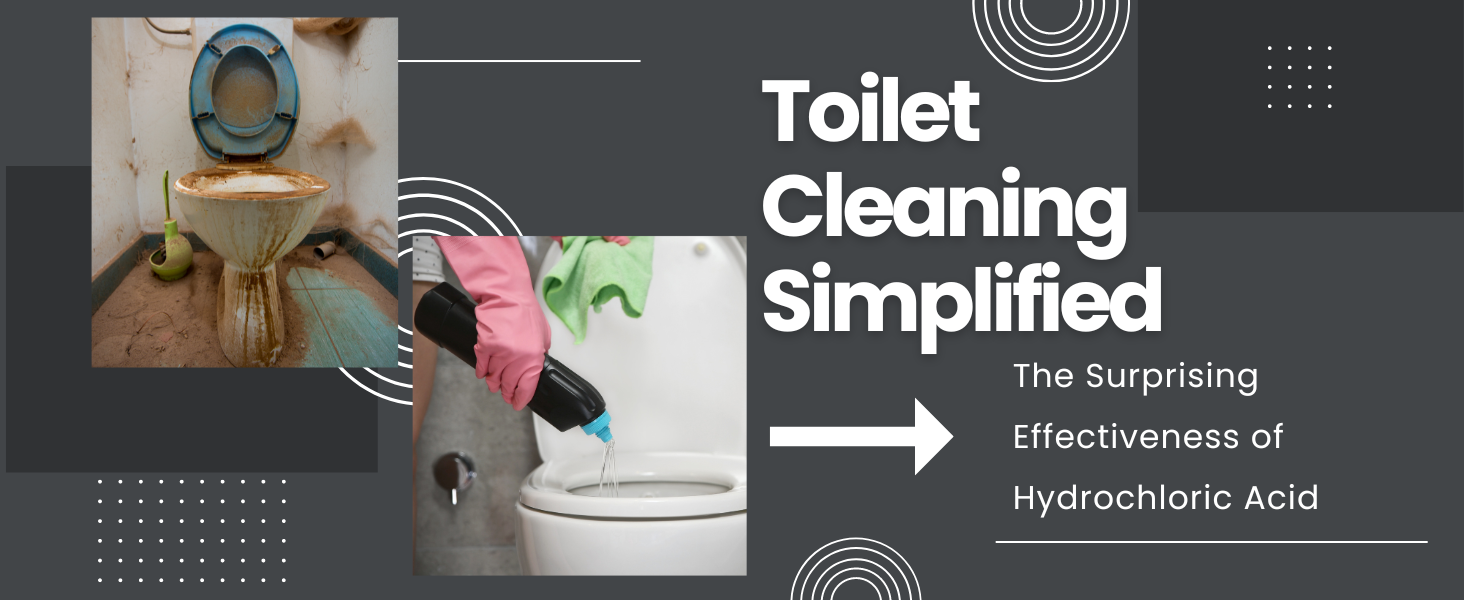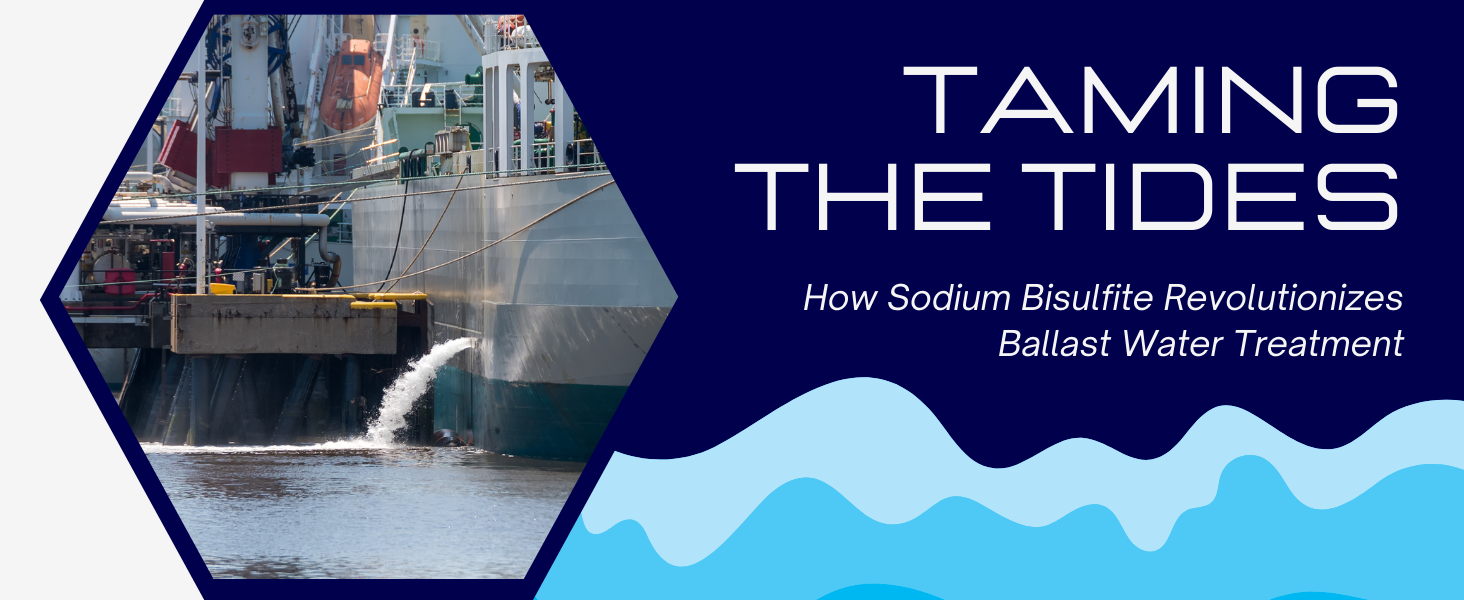
A Guide to Vermiculite: Benefits, Applications, and Safety Tips
Vermiculite is a naturally occurring mineral that has gained popularity in various industries, including gardening, construction, and insulation. In this comprehensive guide, we will explore the benefits and applications of vermiculite, along with essential safety tips for its usage.
What is Vermiculite?
Vermiculite is a hydrous phyllosilicate mineral that expands significantly when heated. This expansion, also known as exfoliation, results in a lightweight, fire-resistant, and absorbent material with various applications. Vermiculite’s unique properties make it a valuable resource in industries like agriculture, construction, and more.
-
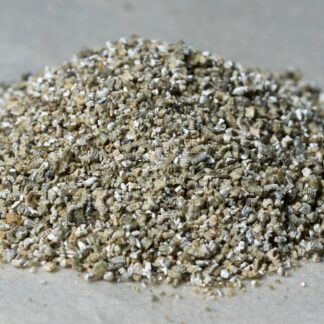 Organic Vermiculite – Fine Grade$25.00 – $400.00
Organic Vermiculite – Fine Grade$25.00 – $400.00
Benefits of Vermiculite
There are several benefits to using vermiculite, including:
- High water retention: Vermiculite can absorb up to four times its volume in water, making it an excellent choice for moisture retention in soil and potting mixes.
- Aeration: The lightweight structure of vermiculite allows for better aeration in soil mixes, promoting healthier root growth in plants.
- pH neutral: Vermiculite is chemically inert, meaning it won’t alter the pH of the soil.
- Insulation properties: Vermiculite’s fire-resistant and insulating properties make it a popular choice for construction and insulation applications.
- Non-toxic and environmentally friendly: Vermiculite is a natural, non-toxic material that poses minimal environmental risks.
Applications of Vermiculite
Gardening
Vermiculite is commonly used in gardening for its excellent moisture retention and aeration properties. Mixing vermiculite into your soil or potting mix can help promote healthy root growth and overall plant health. Additionally, vermiculite can be used as a growing medium for hydroponic systems.
When using vermiculite in gardening, it’s essential to maintain proper nutrient levels and pH balance in the soil. For instance, using phosphoric acid can help adjust the pH level of your soil, promoting optimal nutrient absorption by the plants.
Another essential aspect of maintaining a healthy soil environment is ensuring proper pH levels. If your soil is too acidic, you can use ph-ree fall to raise the pH level and create a more balanced environment for your plants.
For those looking to improve soil quality naturally, 10% vinegar and 30% vinegar are excellent options to consider. These vinegar solutions can help control weeds and increase soil acidity, which is beneficial for some plants.
-
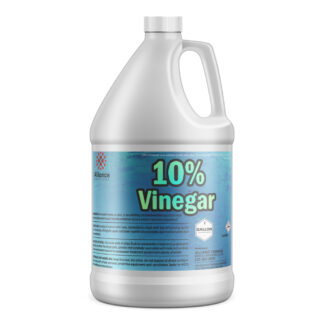 10% Vinegar – Concentrated Industrial Strength$20.00 – $2,800.00
10% Vinegar – Concentrated Industrial Strength$20.00 – $2,800.00 -
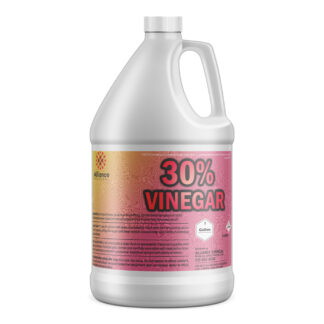 30% Vinegar – Concentrated Industrial Strength$23.00 – $3,200.00
30% Vinegar – Concentrated Industrial Strength$23.00 – $3,200.00 -
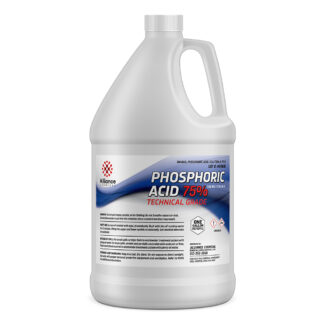 Phosphoric Acid 75%$24.00 – $5,670.00
Phosphoric Acid 75%$24.00 – $5,670.00 -
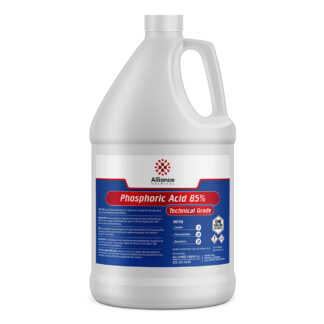 Phosphoric Acid 85% – Technical Grade$29.00 – $6,075.00
Phosphoric Acid 85% – Technical Grade$29.00 – $6,075.00 -
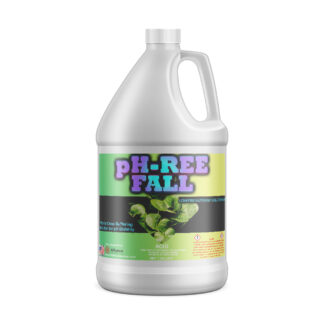 pH-Ree Fall – World Class Buffering Solution For PH Stability Made From Phosphoric Acid$18.00 – $4,000.00
pH-Ree Fall – World Class Buffering Solution For PH Stability Made From Phosphoric Acid$18.00 – $4,000.00
Alliance Chemical offers high-quality vermiculite for your gardening and construction needs. Ensure you choose the right product for your specific application, and follow safety precautions when handling and using vermiculite.
Hydroponics
In hydroponic systems, where plants are grown without soil, vermiculite serves as an effective growing medium. Its ability to retain water and nutrients, combined with its excellent aeration properties, make it an ideal choice for supporting plant growth in hydroponic setups.
Construction and Insulation
Vermiculite’s fire-resistant and insulating properties make it a valuable resource in the construction industry. It can be used as loose-fill insulation or mixed with cement or plaster to create lightweight, insulating building materials. Vermiculite is often used asan aggregate in lightweight concrete, providing improved thermal insulation and fire resistance in buildings.
Fireproofing and Soundproofing
Vermiculite is also used in fireproofing and soundproofing applications, thanks to its excellent insulating properties. When combined with gypsum or other binders, vermiculite can be applied as a spray-on fireproofing material for steel structures. Additionally, its lightweight nature and ability to absorb sound make it a suitable material for soundproofing walls and ceilings.
Animal Bedding and Horticultural Applications
Vermiculite’s absorbent nature makes it a popular choice for animal bedding, particularly for reptiles and amphibians. The material helps to control humidity and maintain a clean environment for the animals. In horticulture, vermiculite is often used in seed germination and propagation, as it promotes the growth of strong roots while retaining moisture and nutrients.
Safety Tips
While vermiculite is generally safe to use, it’s essential to follow some safety precautions:
- Wear protective gear: When handling vermiculite, wear gloves, a mask, and goggles to avoid inhalation and skin contact.
- Avoid inhaling dust: Vermiculite can release dust particles, which can be harmful if inhaled. Always work in a well-ventilated area and consider using a dust mask to minimize the risk of inhalation.
- Keep away from children and pets: Store vermiculite in a secure location, away from the reach of children and pets, to prevent accidental ingestion or contact.
- Follow manufacturer guidelines: Always read and follow the guidelines provided by the manufacturer of the vermiculite product you are using. This will help ensure you are using the product safely and effectively.
How to Choose the Right Vermiculite
Vermiculite is available in various grades, depending on the intended use. Here are some tips on selecting the appropriate vermiculite for your needs:
- Gardening and hydroponics: For gardening and hydroponic applications, choose a medium or fine grade vermiculite. This grade will provide the right balance of water retention and aeration for plant growth.
- Construction and insulation: For construction and insulation purposes, opt for coarse grade vermiculite. This grade has larger particles, making it more suitable for these applications.
- Animal bedding: For animal bedding, a fine or medium grade vermiculite is recommended, as it provides better moisture control and is more comfortable for the animals.
Vermiculite vs. Perlite
Perlite is another popular growing medium and soil amendment, similar to vermiculite. Both materials are lightweight, non-toxic, and have excellent moisture retention and aeration properties. However, there are some key differences between the two:
- Water retention: Vermiculite holds more water than perlite, making it a better choice for plants that require more moisture. Perlite is more suitable for plants that prefer well-draining soil and are susceptible to overwatering.
- pH neutrality: Vermiculite is pH neutral, while perlite is slightly alkaline. If you need to maintain a specific soil pH, consider the impact of the growing medium on the overall pH balance.
In conclusion, vermiculite is a versatile, lightweight material with numerous benefits and applications across various industries. By understanding its properties and following safety guidelines, you can effectively incorporate vermiculite into your gardening, construction, or insulation projects. Don’t forget to explore the high-quality vermiculite products available from Alliance Chemical for all your







